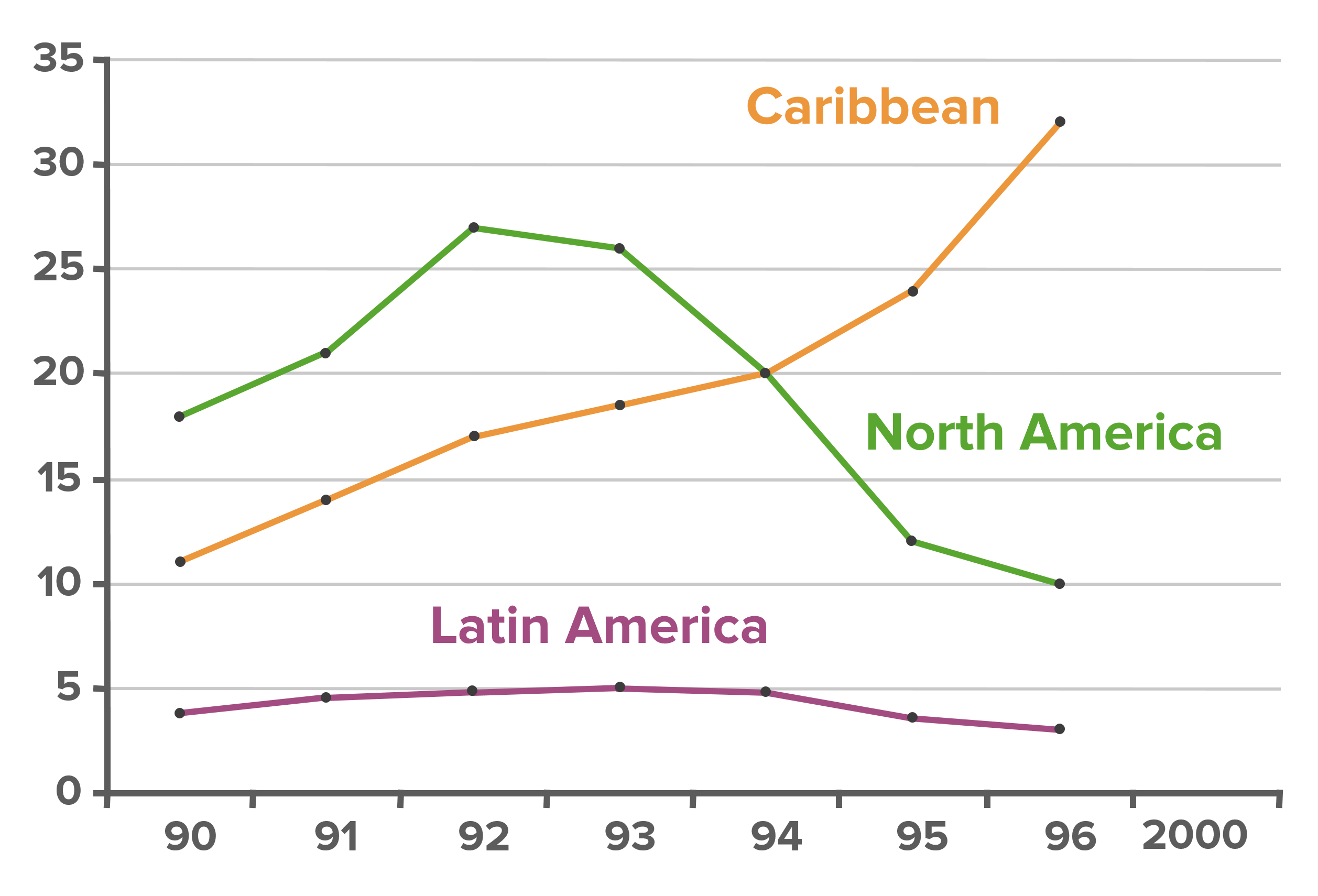Playlist
Show Playlist
Hide Playlist
Response Bias
-
Slides 05 CausationBiasInformation Epidemiology.pdf
-
Reference List Epidemiology and Biostatistics.pdf
-
Download Lecture Overview
00:00 The next kind of bias we're going to talk is response bias and that's when subjects tell you what you want to hear, it's similar to interviewer bias, but interviewer bias it's the interviewer who is eliciting the response, when response bias is when the interviewee is telling you what you want to hear, whether or not you elicited that response or not. So there's an example, let's say you are doing a study on the Haiti earthquake that happened a few years ago and you asked people prior to the earthquake in Haiti, 'Did you know the name of Haiti's capital city?', it's entirely likely that they didn't know the name of Haiti's capital city, but they're afraid of sounding uninformed and so they are more likely to say, 'Oh yes, I know the name of Haiti's earthquake and I've always known it', because they want to please the interviewer, that's when the respondee has a tendency to want to give you the answer that you want to hear. Some people confuse response bias with reporting bias and they are quite distinct concepts. Reporting bias is a real problem in science communication, this is when we as scientists have a tendency to only report positive results and publish positive results, sometimes it's called publication bias. Again it's a tendency for us to only report statistically significant results. 01:23 Related to reporting bias is confirmation bias, that's when doing our research we tend to only cite other research that agrees with us, that's not a good thing in epidemiology, we want to assess the entire universe of information and get to the objective truth of the results that we're seeking.
About the Lecture
The lecture Response Bias by Raywat Deonandan, PhD is from the course Statistical Biases.
Included Quiz Questions
What is the term used to describe when scientists only report or publish positive results?
- Reporting bias
- Confirmation bias
- Misclassification bias
- Observer bias
- Response bias
Which of the following describes a systematic review that only lists studies that agree with its thesis?
- Confirmation bias
- Reporting bias
- Misclassification bias
- Observer bias
- Response bias
Which of the following is an example of response bias?
- The respondents answer questions on a survey untruthfully to portray themselves in the best light.
- A researcher believes in the efficacy of the treatment, so he is more likely to document the positive outcomes.
- Patients in the treatment group spend more time in specialized hospital units.
- Selecting control subjects for a case-control study from hospitalized patients.
- A researcher only cites studies that align with her findings.
Customer reviews
5,0 of 5 stars
| 5 Stars |
|
5 |
| 4 Stars |
|
0 |
| 3 Stars |
|
0 |
| 2 Stars |
|
0 |
| 1 Star |
|
0 |




